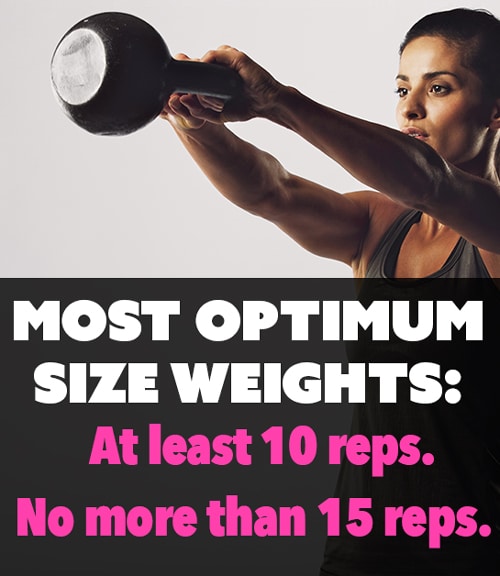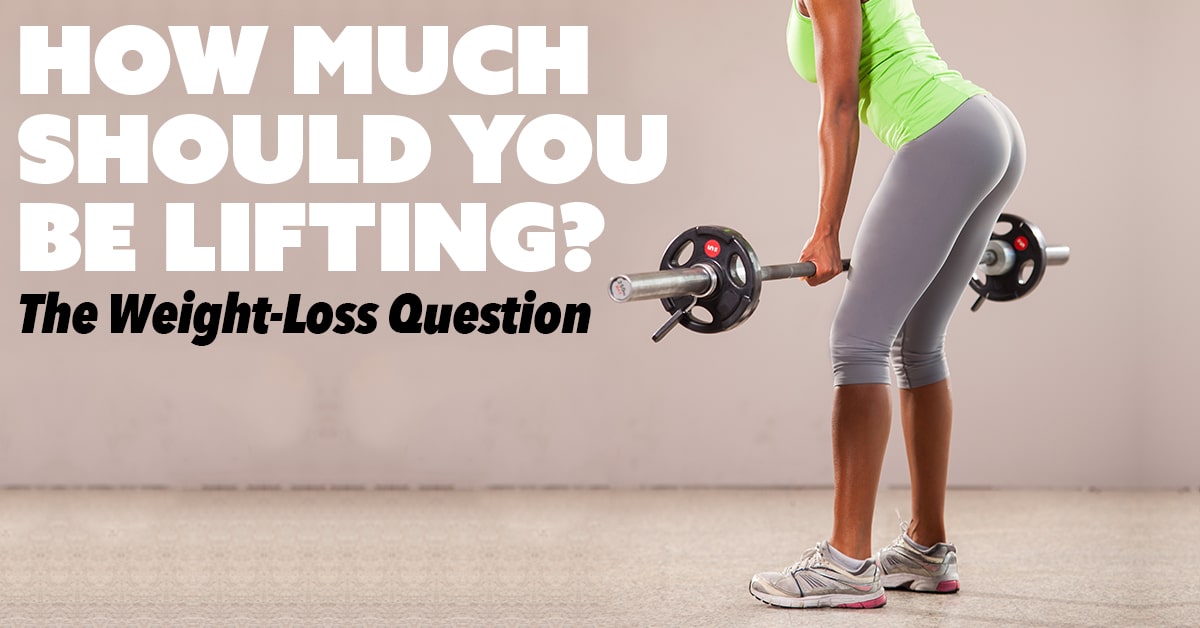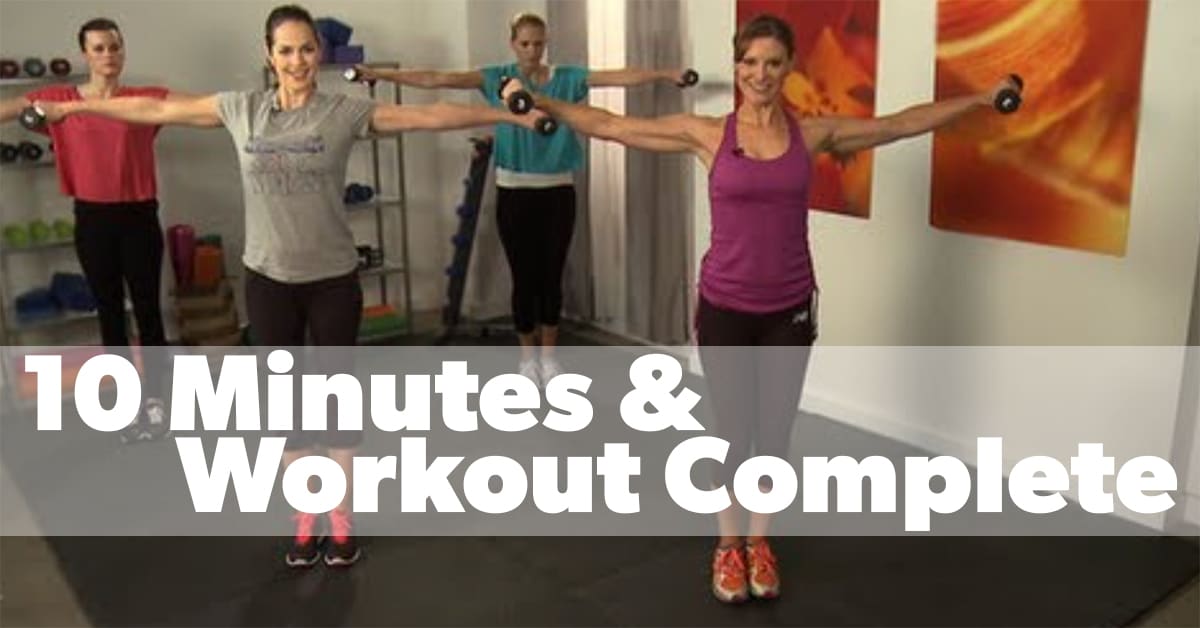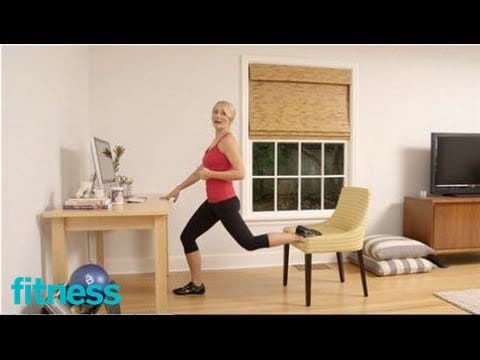It is widely believed that doing more repetitions with lighter weights will tighten and tone our bodies while lifting heavy weights will bulk us up.
So, is this true? Not really.
 Building muscle is important for your metabolism because muscles burn more calories than fat.
Building muscle is important for your metabolism because muscles burn more calories than fat.
Muscles use calories as fuel to sustain themselves, even when just sitting in front of the TV, so replacing fat with muscle will result in more calories being burned all of the time. Also, studies show that high-intensity workouts result in more fat being burned. So, here are the magic numbers: 10-15. Test it out the next time you’re at the gym: if you are using the most optimum size weights for a specific exercise, you should be able to do at least 10 and no more than 15 reps in a single set. The weights shouldn’t be heavy enough that you’re maxing out too early or risking injury and they shouldn’t be light enough that you can do endless reps. That might mean changing weights more often for different exercises– no more grabbing a set of weights with a “one size fits all” mentality. To get the most out of your weight-lifting workouts, find out what size weights you need to effectively and correctly do 10-15 reps in a set of a certain exercise move.





